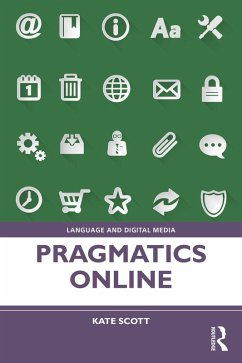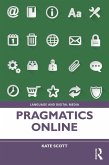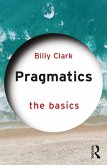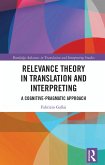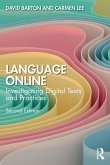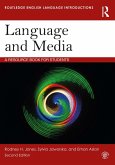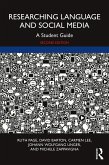The book introduces key concepts in the study of digital contexts and online communication, and discusses how these can be understood from the perspective of pragmatics. Each chapter examines a different topic and includes an overview of key research alongside original pragmatic analyses of data. Topics include sharing and liking, emoji and emotions, memes, and clickbait. Kate Scott focuses on how ideas and topics from pragmatics can be applied to mediated contexts, irrespective of the particular media.
The book is an essential guide to the pragmatics of online discourse and behaviour for students and researchers working in the areas of digital pragmatics, language and media, and English language, linguistics, and communication studies.
Dieser Download kann aus rechtlichen Gründen nur mit Rechnungsadresse in A, B, BG, CY, CZ, D, DK, EW, E, FIN, F, GR, HR, H, IRL, I, LT, L, LR, M, NL, PL, P, R, S, SLO, SK ausgeliefert werden.
Deirdre Wilson, UCL, UK
We strongly believe that this informative book contains a diverse range of enlightening topics that delve into mediated contexts, with the potential to broaden our pragmatic understanding of digital discourse and its underlying cognitive dynamics. Therefore, we highly recommend this book to students and researchers interested in exploring digital discourse and practice in various fields such as multimodal discourse analysis, internet pragmatics, cognitive science, and discourse communication.
Xiaojiang Wang, School of Foreign Studies of Nanjing University, and Yansheng Mao, China Research Center for Language Strategies

